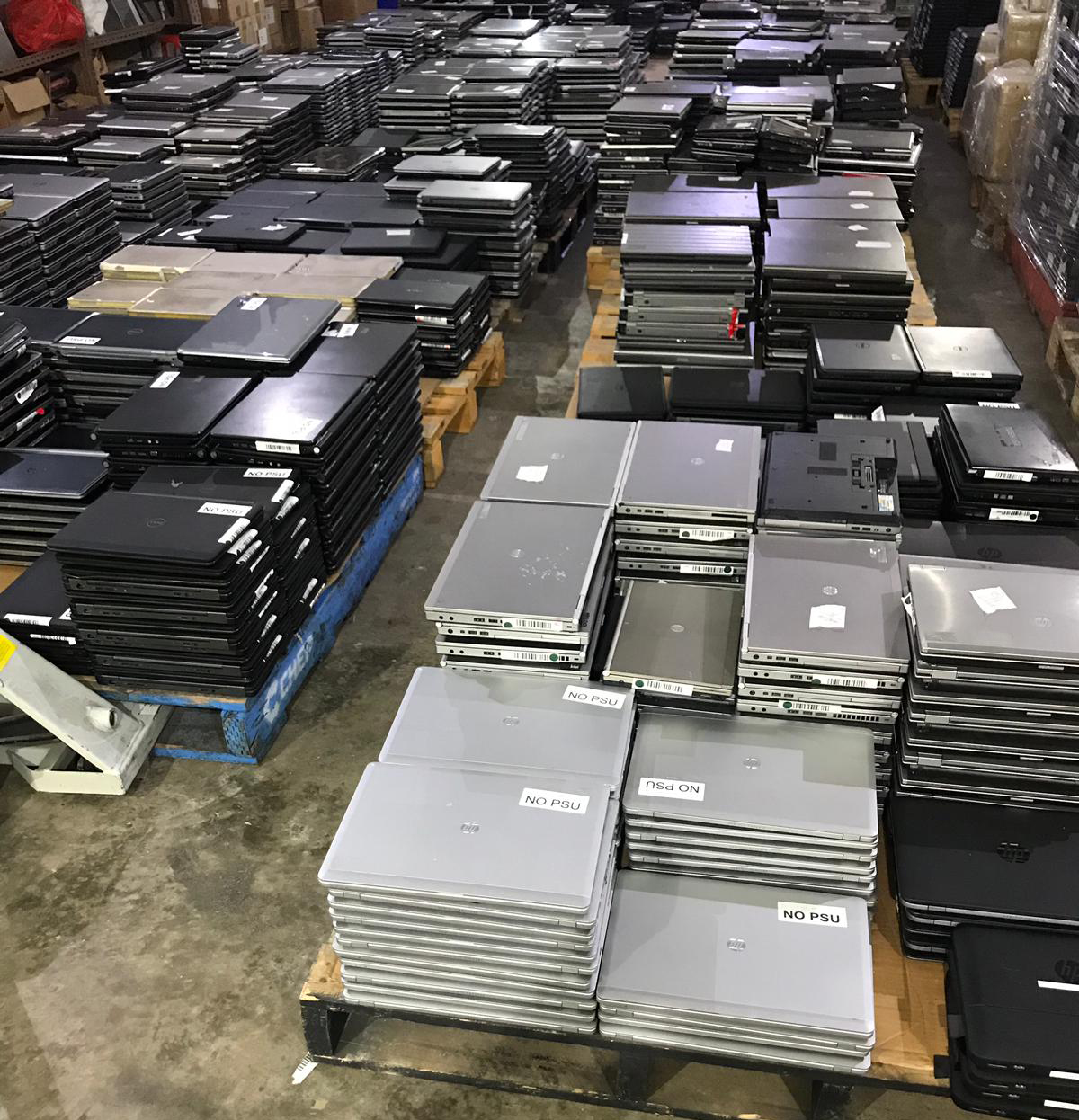If you’ve been searching for a new laptop, you have definitely come across a lot of jargon like CPU, GPU, RAM, and other terms. Therefore, it is critical to learn these basic terminologies in order to make an informed purchase.
Here’s all that you should know about buying a new laptop, so you can select one that suits your needs. We’ll also go over how to acquire outdated laptop models and find excellent deals on them if you’re in the market for one. Continue reading to learn more!
What to consider when buying a laptop?
Selecting an Operating System
When purchasing a laptop, you must first decide which operating system (OS) to use. Windows, macOS, and Chrome OS are the three major operating systems available today. Let’s take a look at the specs.
1: Windows
The vast majority of laptops available today run on Windows. In addition, windows laptops often support more apps and features due to their popularity, making them the norm for gaming, businesses,
etc. A slew makes windows laptops from different vendors. While prices vary, Windows laptops typically provide more bang for your money than Macs, and they are also less expensive to repair and upgrade.
2: Chrome OS
Unlike traditional operating systems, Chrome OS was created with web-based applications in mind. However, the Google Play Store now allows you to download and install software such as Microsoft Word, Netflix, and even Android apps.
Because Chromebooks have little internal storage, you’ll have to save the majority of your information to the cloud or Google Drive. As a result, these low-cost laptops are ideal for young students and employees that require a fast and secure computer.
3: Mac OS
macOS, which was supposed to be cleaner and more manageable than Windows, runs on all MacBook machines. As a result, MacBooks are typically ideal for designers and non-technical users who need their laptops for basic activities.
Because MacBooks aren’t as common as Windows laptops, fewer viruses are designed for them. Furthermore, because Apple has complete control over the hardware and software of MacBooks, it can give superior customer care to Microsoft.
Select a CPU core
The number of cores on the CPU is one of the most significant factors to consider when purchasing a laptop. Inside your CPU, cores are similar to processors. They can act independently or collaborate to fulfill tasks. The more cores a CPU has, the faster it will be in general, especially when multitasking.
Choose the amount of RAM you need
Random Access Memory (RAM) is similar to the short-term memory on a laptop. It is the location on your laptop where temporary data for the programs you are using is stored. The more RAM your laptop has, the faster it will be in general.









